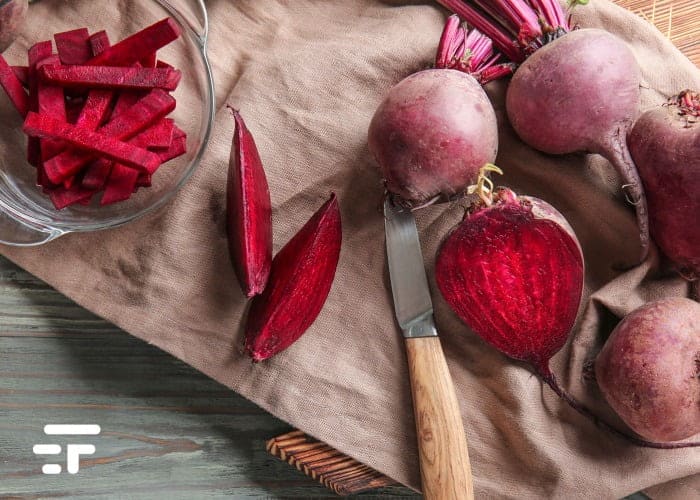This year, some cities in the United States decided to test a new trick to protect roads from winter ice: beet juice.
A solution that may seem unusual to you, but which has led to more positive results than expected. The roads became smoother, drivers were able to travel more calmly, and the environment was positively affected.
But let's see in detail what was discovered and tested, and how we came to replace the salt with the juice of a beet.
Apparently, this is not the only innovative method to defeat the “slippery ice”, and cities are working to improve.
From salt to beet juice

Until now, the appearance of ice on the roads was mitigated through the use of salt.
In chemistry, salt added to water can lower its freezing point. This means, that it is possible to prevent thewater to freeze until temperatures drop below -9 ° Celsius, simply by adding rock salt.
In this way, the streets immediately become safer. Drivers can relax behind the wheel and citizens relax.
However, rock salt has a negative impact on the environment. When it melts, it can come in rivers and streams, killing several animal species. At the same time, it can bring high levels of sodium into our drinking water, causing damage to roads and bridges every year.
The appearance of beet juice is therefore a real revolution.
The sugar molecules naturally present in beetroot lower the freezing temperature of water. In demonstration of this, the cities of Minnesota , Michigan e Missouri they decided to use the juice to thaw the streets in winter.
They thus created a mix of beetroot juice, water and salt, and then sprayed it on the streets. The result is exactly what was hoped for, safer roads and fewer problems for the environment (beet is not as corrosive as rock salt).
Problems emerged
Although beetroot juice can easily be considered as an alternative economic to rock salt, its shipping cost can prove to be a problem – especially in some places.
On the other hand, some scientists have said that the juice could still cause harm to the environment. Someone insect species they could be affected, even if more in-depth studies need to be carried out.
Conclusions
Beets are not the only rock salt alternative studied by researchers. Pickle juice, cheese brine and potato juice come tested right now.
At the same time, some cities are trying to protect their roads by making them less “icy-friendly”. An example comes from a European project, in which asphalted highways incorporate metal nets for melting snow.
However, there is talk of projects in the testing phase, which we do not yet know what they will lead to. We just have to wait, so we will surely know more.


